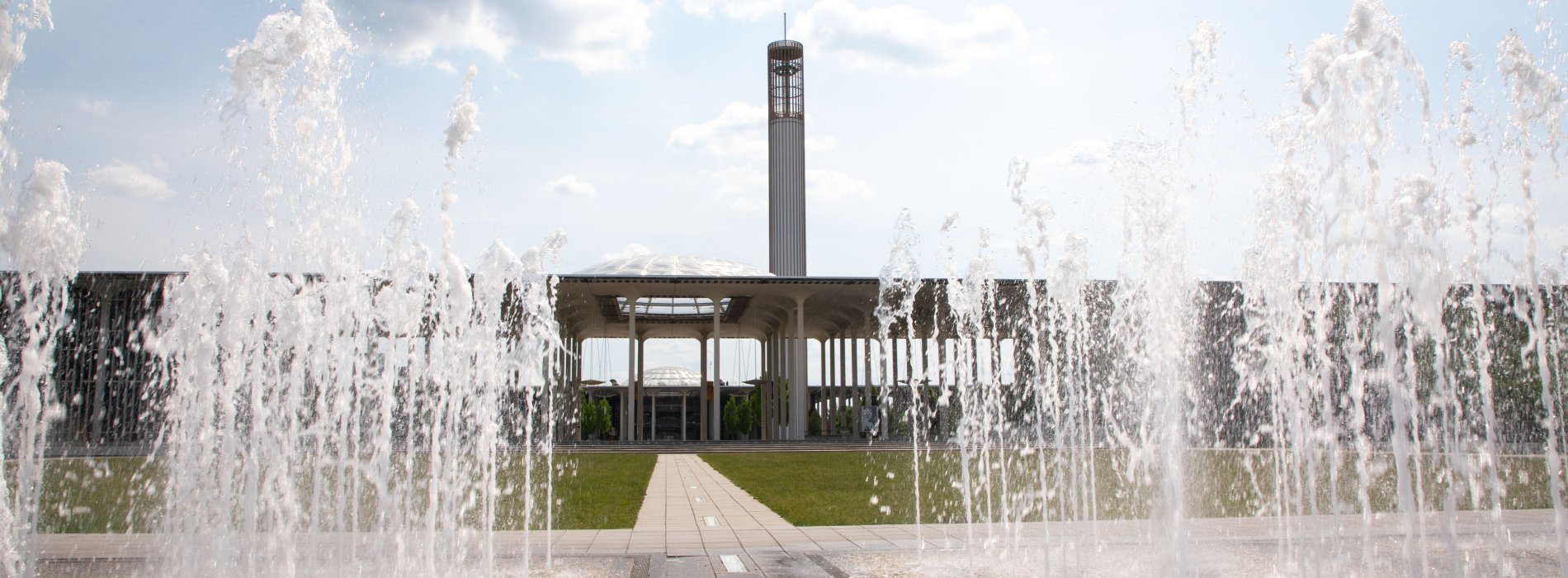To help meet its commitment of promoting a community-oriented work environment, the University at Albany believes in the great benefits of the Employee Assistance Program (EAP). The overarching goals of EAP are to offer support to employees and to promote a healthy state of mind and well-being - both in and out of the workplace.
University and Research Foundation employees, their family members and GSEU members can take advantage of EAP's free, confidential Personal Assessment and Referral Service.
Wellness Programs offered throughout the year provide employees with numerous experiences, ideas, and resources to support health and well-being.
EAP strives to enhance the maintenance of a healthy and productive workforce.
Our mission is to be utilized and recognized as a resource for developing strengths and resiliency within the University community. To learn more about EAP, view the New York State EAP Overview.
Confidentiality is essential and critical to EAP.
No records of contact are kept. Any person who voluntarily seeks out EAP support, assessment and referral services is assured that confidentiality is maintained. Even if referred by a supervisor for a work or personal concern, no information can be released without the permission of the employee.
Limits to confidentiality are:
- where there is reasonable belief that an employee's conduct places him/her or another person in imminent threat of bodily harm;
- where there is a reasonable belief to suspect that child abuse has recently been or will be committed. This includes physical, emotional and psychological abuse and neglect;
- when information is required to be disclosed by law, Executive Order, or agency work rule.
EAP is a neutral, non-biased resource.
Employees who express concerns about workplace issues should expect to receive a non-biased and neutral response to those complaints. EAP will not take sides or advocate on behalf of labor or management when providing resources or referrals.
Instead, EAP will:
- Facilitate communication between involved parties;
- Host events or professional development that are inclusive of labor and management.
This is done to ensure EAP's success.
Participation in the EAP referral process or in events is voluntary. Referrals can be made by co-workers, supervisors, unions, or human resources, but an employee must initiate the first contact.
A supervisor cannot force an employee to meet with EAP.
For Assistance
If you need urgent health care or are experiencing suicidal ideation:
Please dial 9-1-1; dial 9-8-8 to reach the Suicide and Crisis Hotline; or call the Albany County Crisis Unit at 518-549-6500.
For EAP services during business hours, contact Carly Galbraith, Interim EAP Coordinator at 518-442-5483 or [email protected].
If it is outside of business hours or if you are unable to reach the EAP Coordinator and need to speak with someone for confidential referral information, please contact the New York State Employee Assistance Program Office and request a referral to another NYS EAP Coordinator at 518-486-9769.
1400 Washington Ave
Albany, NY 12222
United States



